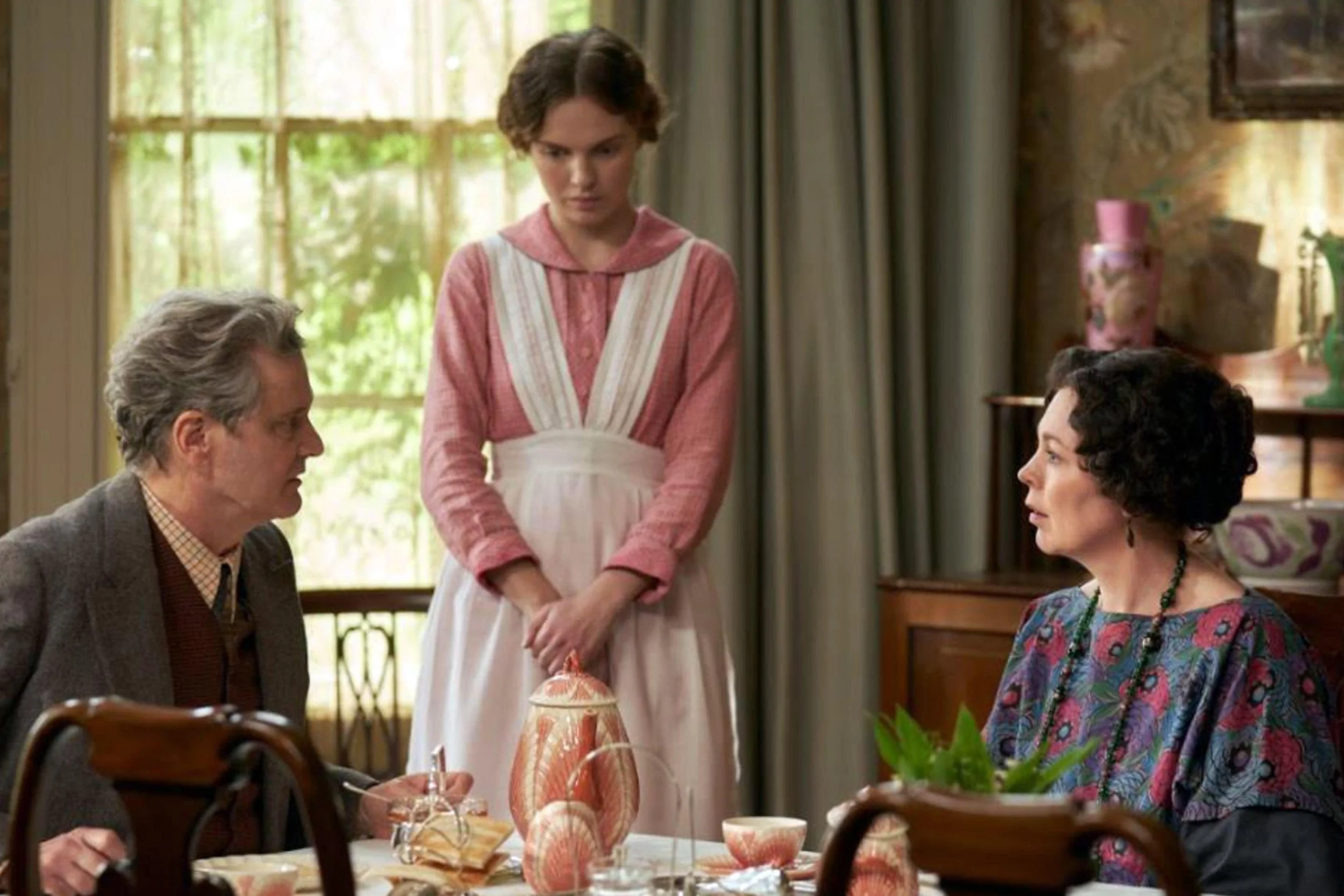Film review: Mothering Sunday puts a sensual French spin on the British period drama
Opulent design and top-notch acting lift up a script that can feel contrived
Mothering Sunday is playing at Fifth Avenue Cinemas
FRENCH FILMMAKER Eva Husson brings a sexually charged sensibility to the stiff-upper-lip 1920s-British setting of Mothering Sunday. Think Downton Abbey with full-frontal nudity and body fluids.
That description is, of course, a bit facetious. Set in the melancholy years after World War I, the elliptical study of class and traumatic loss features opulent costumes and country-estate settings, plus an all-star British cast in a story that reaches for a little more than it’s able to achieve.
Odessa Young is suitably enigmatic as Jane, a former foundling now working as a housemaid for the wealthy Niven family. Mothering Sunday (what we know as Mother’s Day on this side of the Atlantic) is her one chance for an all-day tryst with her rich secret lover, Paul (Josh O’Connor, forever known as Charles from The Crown, even unhappier here). He’s the last remaining son of the wealthy Sheringham family. Jane, after all, is motherless, and with all the other house staff members off to see their families, and the Nivens and Sheringhams out for the world’s most miserable linen-tablecloth luncheon in the park, the world—for a moment—is her oyster.
But she and Paul’s day of multiple sex acts is bathed in sorrow. He’s betrothed to upper-class Emma (Emma D’Arcy) who waits angrily at the picnic, and the ghosts of his dead brothers linger in every photo frame, book, and cigarette case in his bedroom. The story shifts back and forth from the tryst to the stilted lunch party that awaits the missing Paul to Jane’s earlier courtship with Paul to her future as a writer in her 40s.
The most interesting dynamic in the film centres around Jane, who asserts her equality with Paul. In the best scene, treated unexploitively by Husson, Paul leaves her to roam the Sheringham mansion alone and naked, fondling the rare books, fine orchids, and other objects normally off-limits to her class. It’s an act of extreme transgression, loaded with danger, that reveals her stubborn, quiet courage and refusal to be shamed.
But the story, adapted by Alice Birch from the novel by Graham Swift, struggles from here, Jane’s future as a writer sorely undeveloped, the climax of the story feeling contrived and out-of-place within the psychological exploration of the ripple effects of war.
Mothering Sunday works much better as a more internal character study. Aside from the complex Jane, O’Connor’s Paul finds a perfect mix of timidity, rebellion, and paralyzing sadness. And as the Nivens, Colin Firth and Olivia Colman bring much more depth to parents divided by grief than is written on the page.
At its worst, Mothering Sunday can feel pretentious and self-consciously arty. At its best, the film is a rich character study that brings an unexpected new spin on the British period drama. It’s gorgeously shot and designed—Husson using that beauty so differently here, to contrast the ugly emotional fallout of war.














